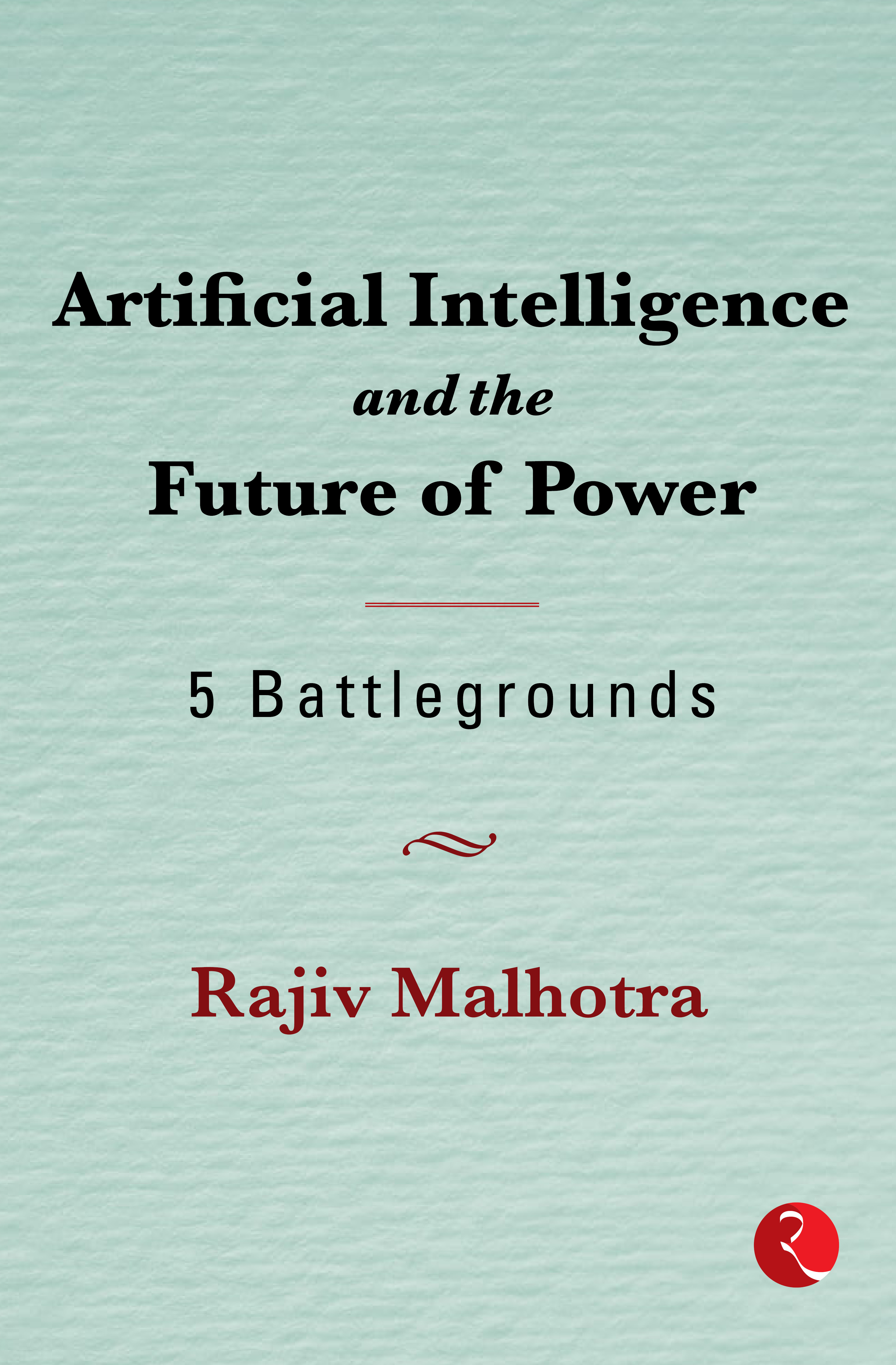AI AND THE BATTLE FOR AGENCY

Dumbing Down the Masses

The figure above shows how digital technology is also dumbing down the masses. People’s memories are atrophying because they constantly depend on online searches and intelligent devices for information. As memory atrophies, attention span shortens, leading to a decline in study habits. At the same time, digital users artificially inflate their egos through social media platforms like Facebook and Twitter, with instant popularity measured by the number of likes or followers, sometimes running into millions. While these activities enhance social status—indeed, some social media stars consider themselves a new class of celebrities and intellectuals—they also contribute to a greater dependency on, and addiction to, social media. Ultimately, such users become dependent on social media for their self-esteem and psychological well-being. This cognitive reengineering is not a passing fad but the likely future being driven by the latest AI technology. I use the term ‘moronization’ to refer to this dumbing down of large portions of humanity.
This is unlikely to reverse because, contrary to popular belief that human cognition is somehow sacrosanct, algorithmic modeling of emotions, psychological characteristics and mental faculties is already delivering practical applications. Such applications, of course, render humans highly susceptible to emotional seduction by digital systems.
A machine’s emotional engagement with people advances through a few definable stages:
- Learning about users’ emotions to build a psychological model or map of likely responses.
- Establishing an emotional relationship that users learn to trust.
- Offering personal, intimate advice, starting with gentle, harmless suggestions.
- Substituting a mechanized form of companionship that seems human.
- Manipulating human psychology by influencing users to behave according to mandates determined by the machine’s developers.
Cognitive scientists and machine learning experts claim that no aspect of human functionality is ultimately beyond the scope of AI-based emotional analysis and manipulation.
There are many supporters for the idea of machines managing humans. Yuval Noah Harari, the international bestselling author and public intellectual, supports the cognitive takeover by machines, hailing it as a public service and a worthy addition to people’s lives. Harari explicitly advocates that everyone would be better off if they surrendered their decision-making power to companies like Google. Giving Google unfettered access to our private data would enable the company to become “a system that monitors your bank account and your heartbeat, your sugar levels and your sexual escapades. It will definitely know you much better than you know yourself”.
Harari says that humans are prone to “self-deceptions and self-delusions that trap people in bad relationships, wrong careers and harmful habits”. In contrast, Google is a more reliable decision-maker precisely because it cannot be hoodwinked by emotional delusions. He goes much further and says,
Many of us would be happy to transfer much of our decision-making processes into the hands of such a system, or at least consult with it whenever we face important choices. Google will advise us which movie to see, where to go on holiday, what to study in college, which job to accept, and even whom to date and marry.
In fact, he shows sympathy for the voluntary surrender of our individuality.
In exchange for such devoted counseling services, we will just have to give up the idea that humans are individuals, and that each human has a free will determining what’s good, what’s beautiful and what is the meaning of life. Humans will no longer be autonomous entities directed by the stories their narrating self invents. Instead, they will be integral parts of a global network.
Indeed, Harari’s notion is that all people should relinquish their humanity to Google. The ubiquitous and all-powerful global digital network is poised to digest our selfhood. The network should, and will, define our meaning in life.
It is worth noting that Harari’s books are endorsed by many technology luminaries such as Microsoft founder, Bill Gates. In fact, in 2013 Microsoft filed for a patent that it updated in 2016, for making devices that monitor users’ behavior. Its purpose was to preemptively detect “any deviation from normal or acceptable behavior that is likely to affect the user’s mental state”. Such surveillance functions could be embedded in operating systems, browsers, phones, or wearable devices and monitor a person’s behavior while interacting with other people or with online systems. The system was designed to detect “when the user engages in excessive shouting by examining the user’s phone calls….” A baseline of “normal” behavior would be developed and constantly updated, and this baseline would be used to detect any deviations from this so-called normal behavior. The device would be capable of alerting “trusted individuals” like doctors, caregivers, insurance companies and even law enforcement. In effect, this would be a system of surveillance of any kind of behavior it is trained to detect. The big question is:
Who decides what is normal behavior and what should be done with people who deviate from it?
***

Artificial Intelligence is only partially visible, just like an iceberg. To understand it fully, we must look beneath the surface. The positive side is that technology is making machines smarter. However, the deeper view explained in this book shows that AI is also making a growing number of people cognitively and psychologically dependent on digital networks.
Whether you are a social media fanatic, a diehard AI aficionado, or a paranoid sceptic, it is impossible to escape the ubiquitous impact of AI. Artificial Intelligence is the brains bringing together quantum computing, nanotechnology, medical technology, brain-machine interface, robotics, aerospace, 5G, Internet of Things, and more. It is amplifying human ingenuity and disrupting the foundations of healthcare, military, entertainment, education, marketing and manufacturing.
Artificial Intelligence and The Future of Power argues that this AI-driven revolution will have an unequal impact on different segments of humanity. There will be new winners and losers, new haves and have-nots, resulting in an unprecedented concentration of wealth and power.
After analyzing society’s vulnerabilities to the impending tsunami, the book raises troubling questions that provoke immediate debate: Is the world headed toward digital colonization by USA and China? Will depopulation become eventually unavoidable?
Artificial Intelligence and The Future of Power is a wakeup call to action, compelling public intellectuals to be better informed and more engaged. It educates the social segments most at risk and wants them to demand a seat at the table where policies on Artificial Intelligence are being formulated.
Get your copy today.
***A

